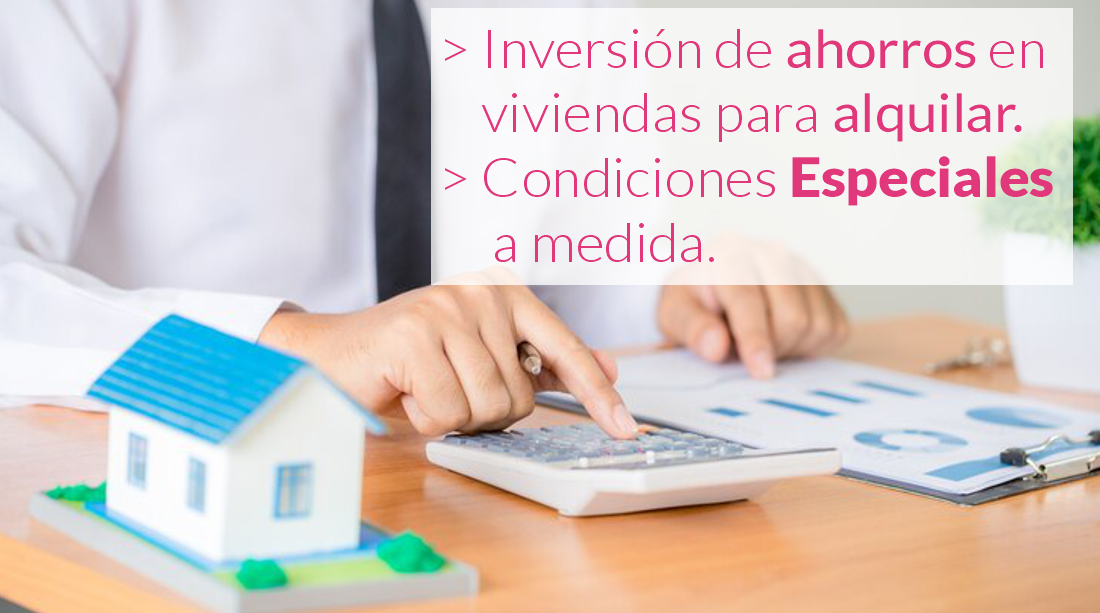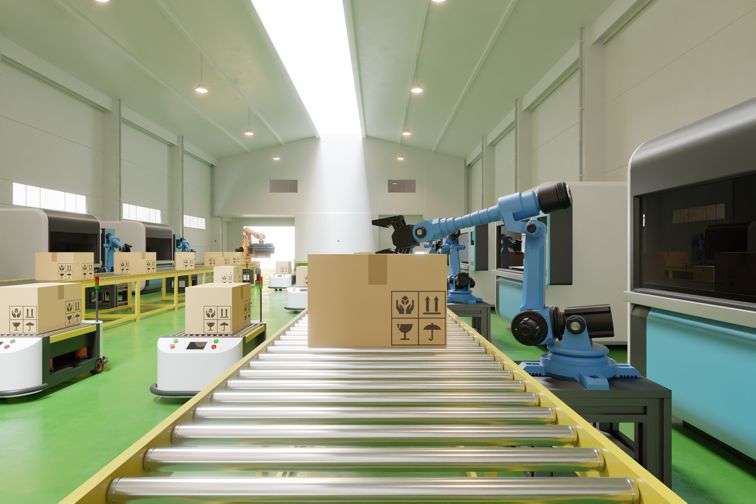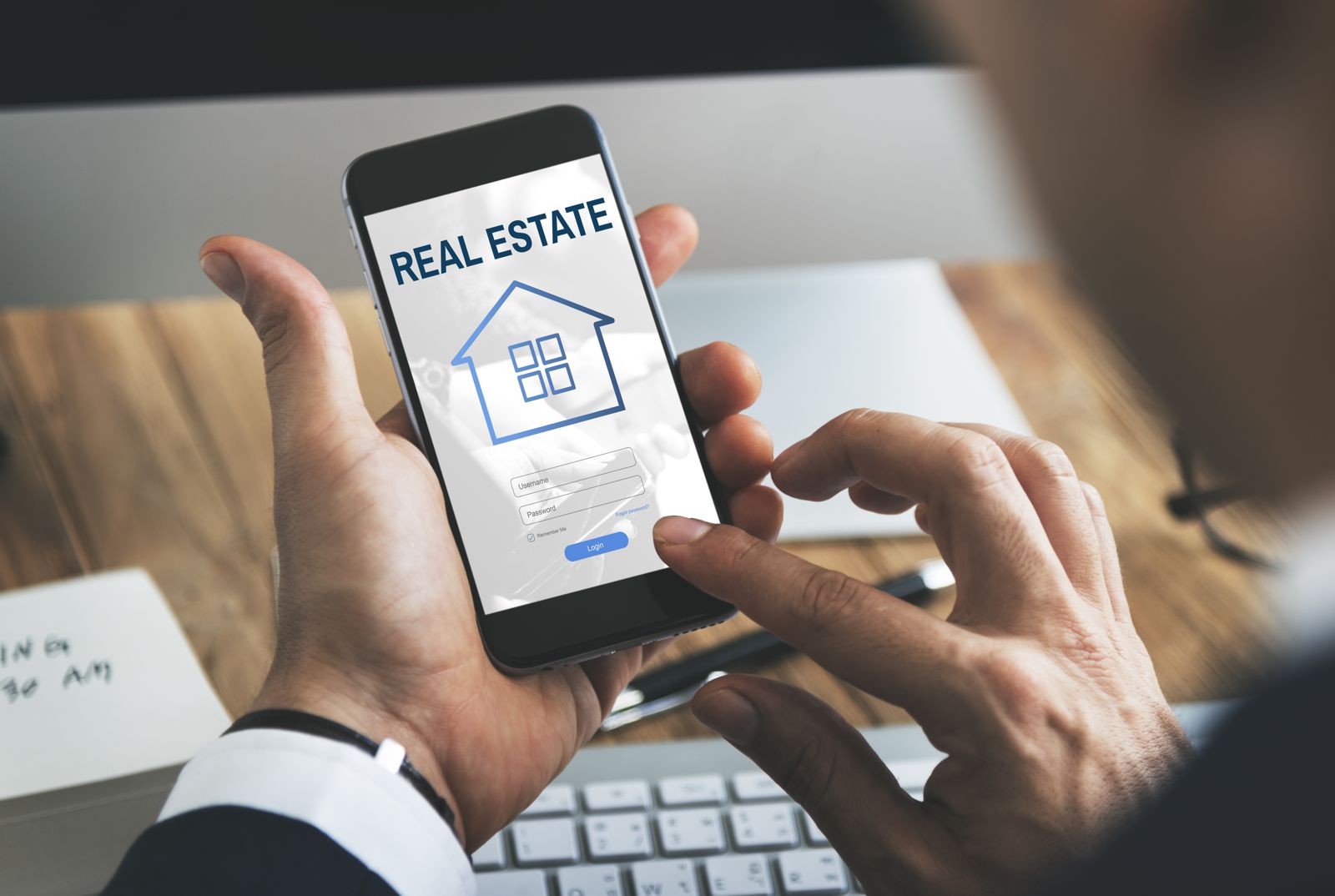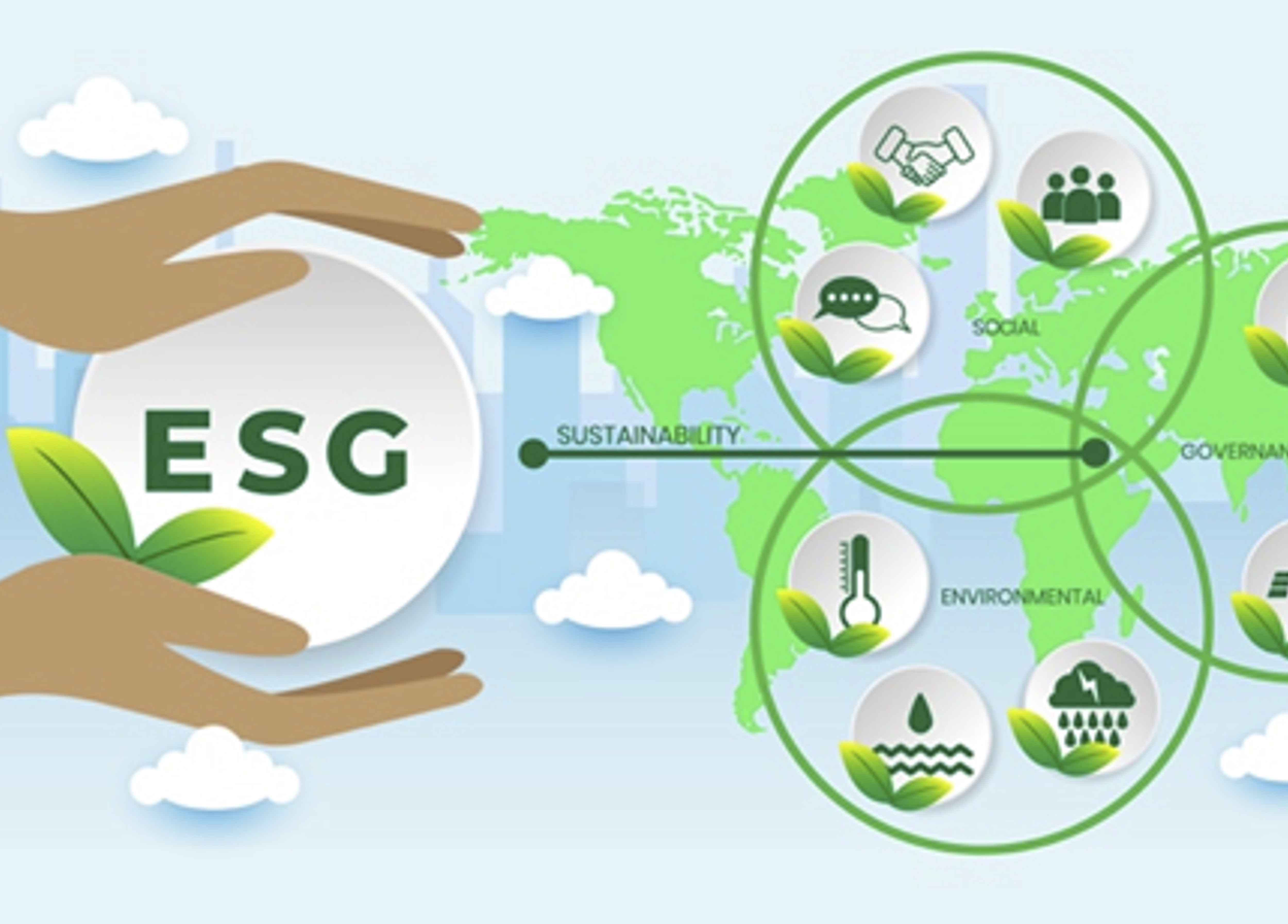24 hours Access to the capital market +183 countries Limitless language Integration of blockchain technology Fosters the 2030 agenda. Global team. Private Corporate Tenders Unlimited access to capital institutions Universal Innovative digital Technology Business objectives accomplished
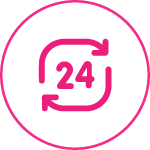
Customer Service

MyNeofintech
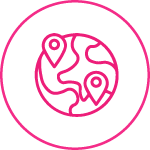
Multi-jurisdiction

Multilingual

Security

NewFranquicia
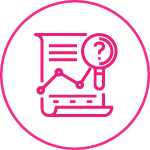
Neolicitador

Global
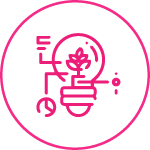
Disruptive Platforms
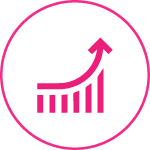
successful cases

Welcome to Ecobanka World
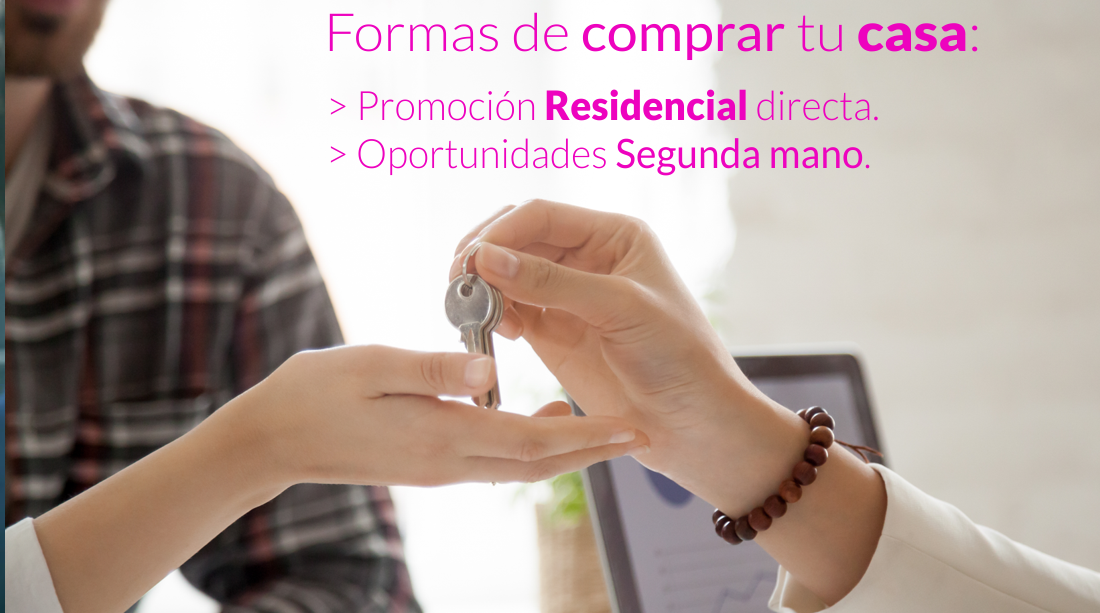
Mortgage EXPRESS:
Home purchase
Direct residential development.
Second hand.
Choose type of mortgage and number of years to pay.
Mortgage EXPRESS:
Home purchase
Direct residential development.
Second hand.
Choose type of mortgage and number of years to pay.





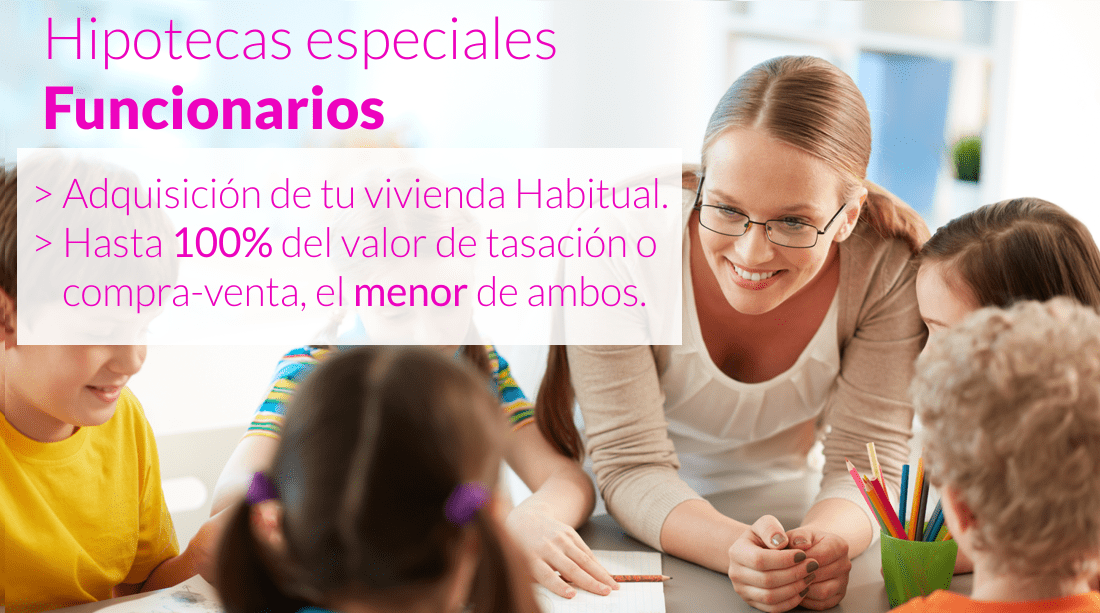
Express Mortgage:
Officials
The choice is yours:
Fixed, Variable, Mixed or Green
Pay in 20, 25, 30 and 40 years
EXPRESS mortgages:
Officials
The choice is yours:
Fixed, Variable, Mixed or Green
Pay in 20, 25, 30 and 40 years

Mortgage EXPRESS:
Autopromotor
Build your own house and save up to 30% of your budget.
Advance payment and milestone deliveries until completion.
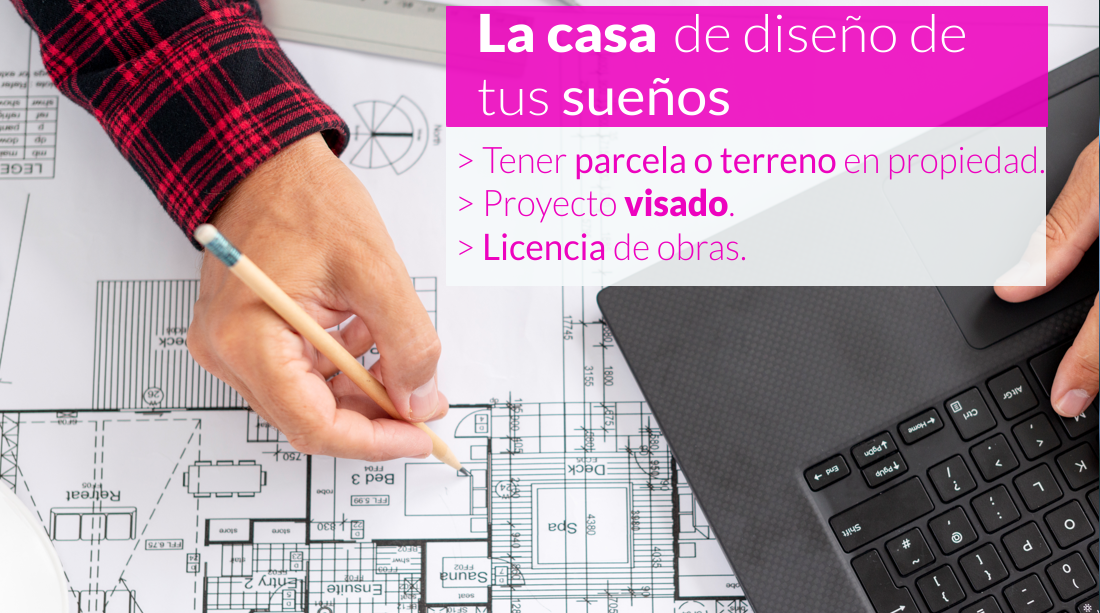


Mortgage EXPRESS:
Second Residence
Financing up to 70% of the value.
Repayment term up to 25 or 30 years.
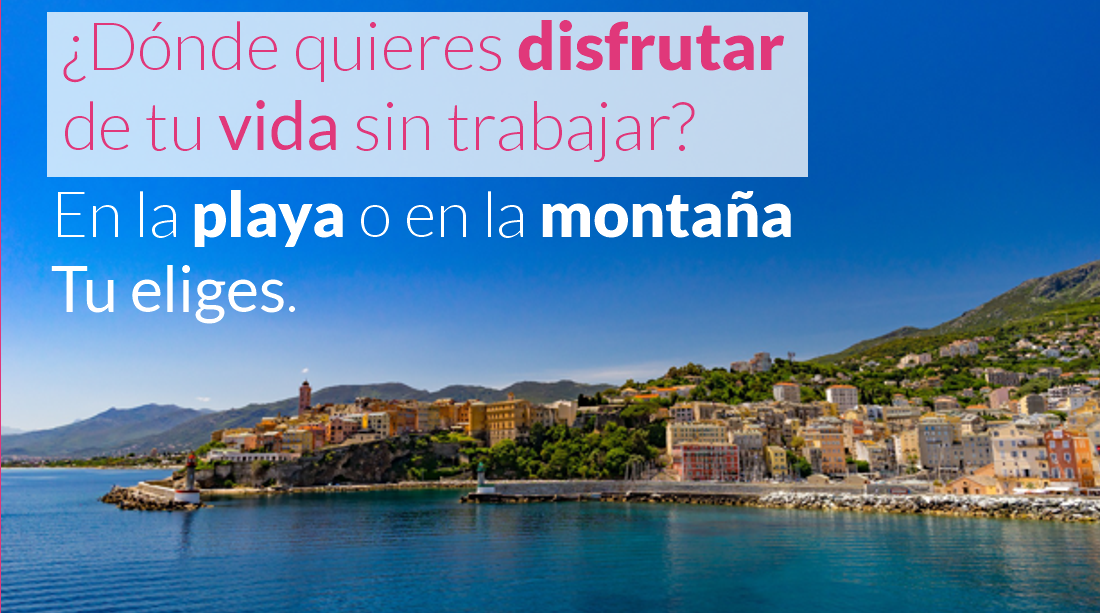
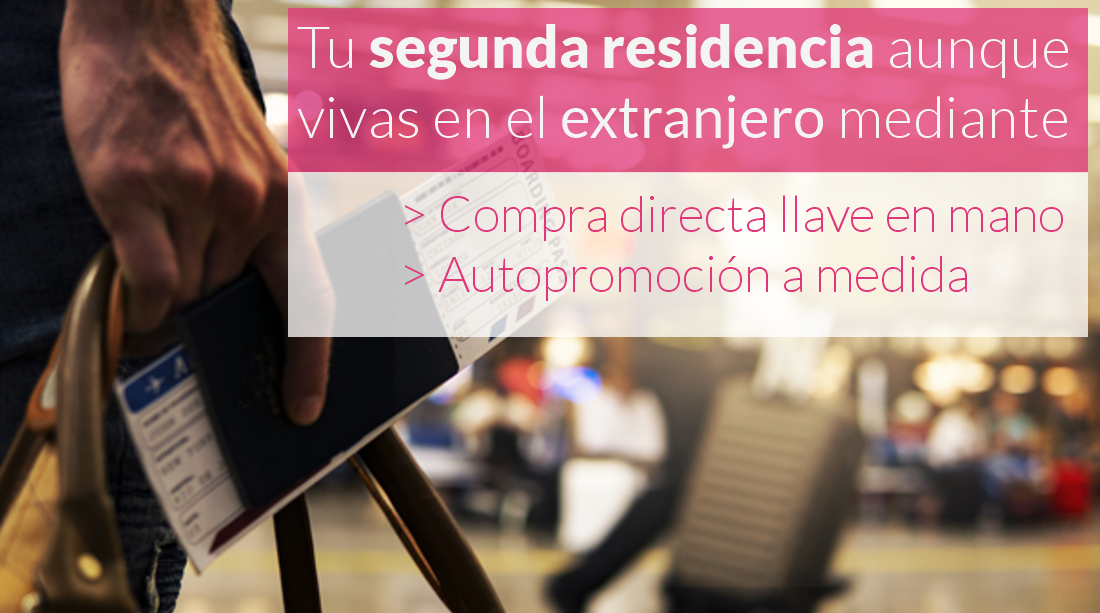

Mortgage EXPRESS:
New Restructuring
Planning and Re-Estructuring, Improving conditions in:
Interest rate.
Fee payable.
Amortisation period.
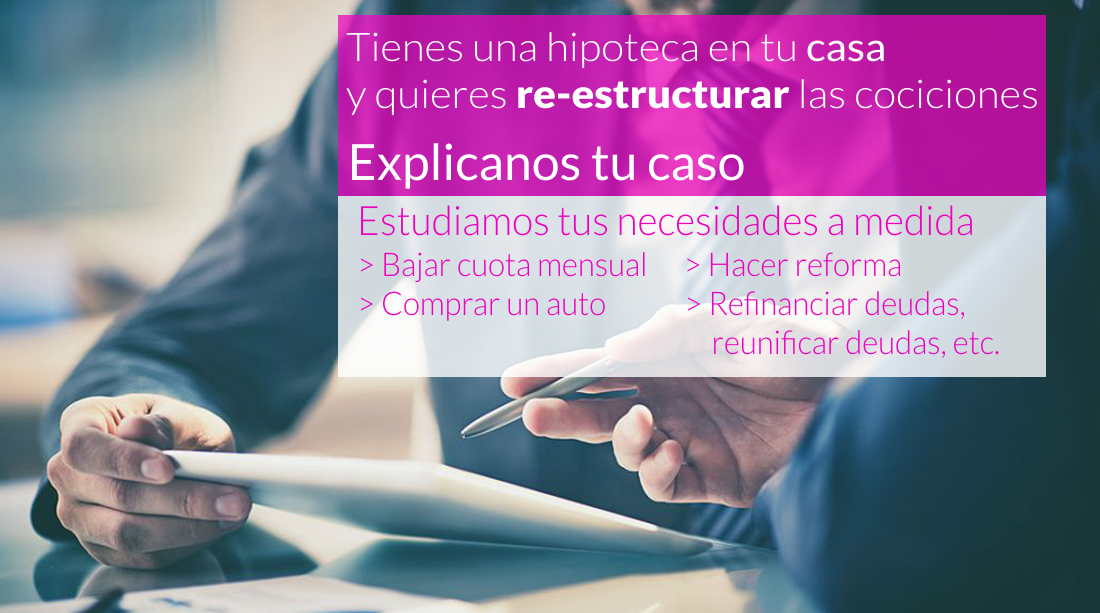
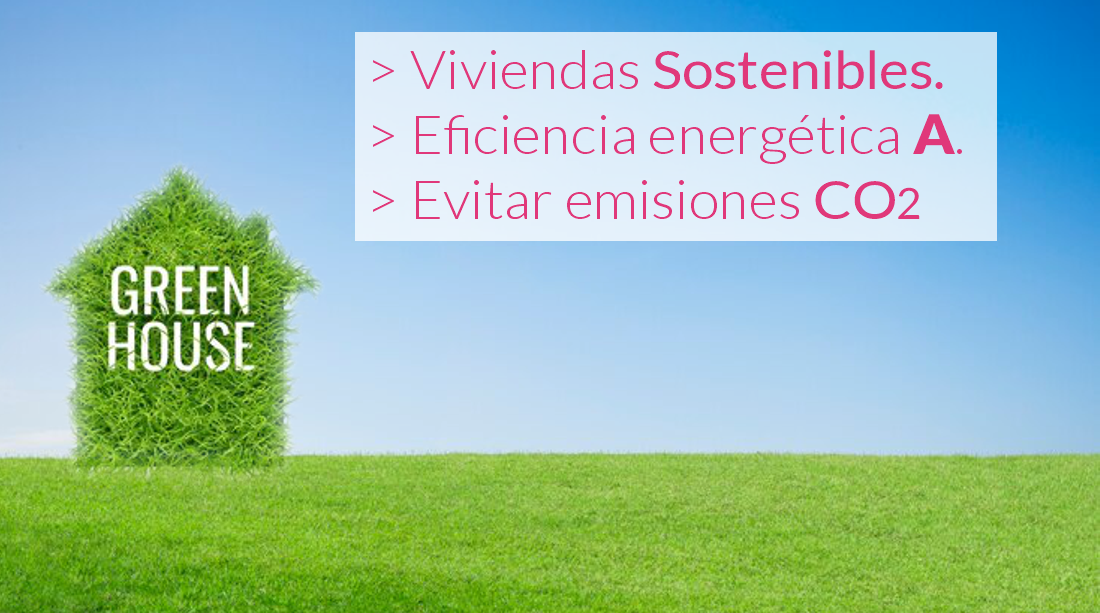
Mortgage EXPRESS:
Green Eco-Construction
Acquisition, construction or rehabilitation.
Bonuses in general conditions for sustainability.
Mortgage EXPRESS:
Green Eco-Construction
Acquisition, construction or rehabilitation.
Bonuses in general conditions for sustainability.

Mortgage EXPRESS:
Inverse - Seniors
The smart solution to increase your monthly pension with additional income.
- Have part of the value of your home as collateral.
- A safe, efficient and flexible way.
- Maintain the use of the house.
- No collateral or mortgages.
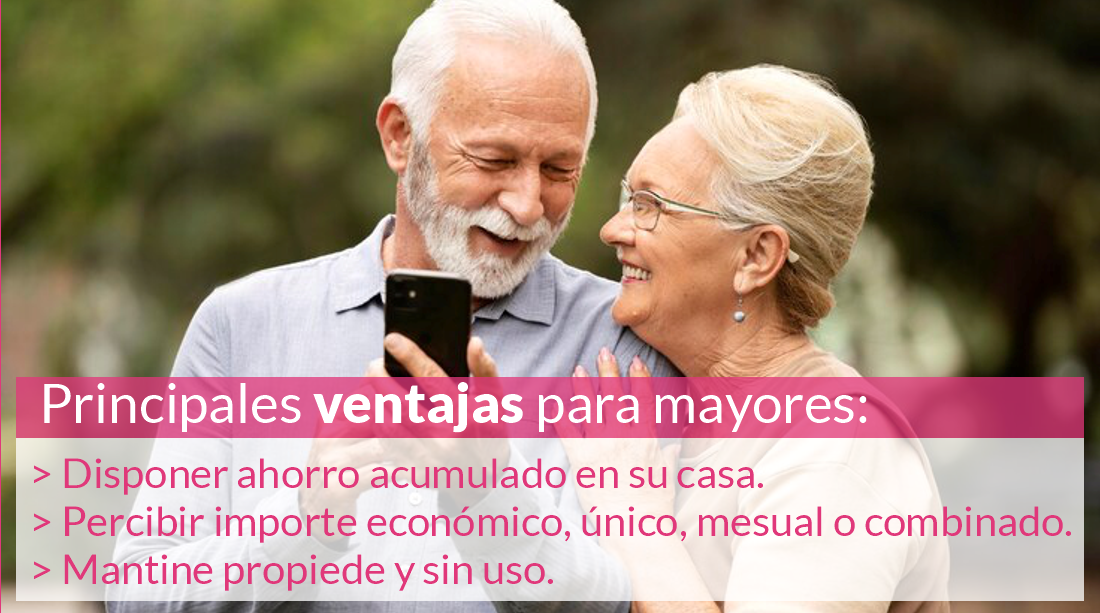

Mortgage EXPRESS:
Other solutions for the elderly
A bonus for a better quality of life and well-being.
- Sale of bare property.
- Renta Vitalicia Inmobiliaria.
- Lifetime Rental Sale.
Mortgage EXPRESS:
Other solutions for the elderly
Sale of bare property.
Renta Vitalicia Inmobiliaria.
Lifetime Rental Sale.

Mortgage EXPRESS:
Rental Homes
Obtain monthly tenant rents.
Obtain rents from tourist platforms.
